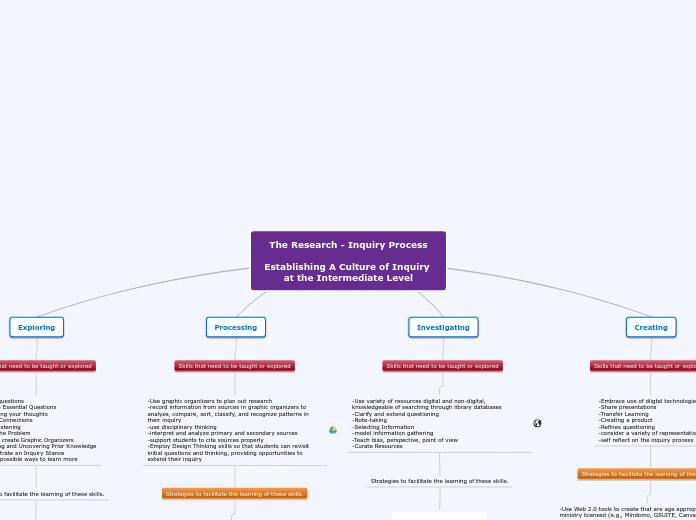what caused the conflicts between the Lakota nation and United States of America?
American Expansionism
economic expansion
homestead act title and secondary source
railroad photo
a belief in cultural and racial superiority
1868 treaty
indians will take up farming
1887 Dawes Act
agree to live separate and apart from their tribe of origin and take up farming on a quarter section or less of land, assimilate
competion for economic resources
1874 Custer's 1874 Dispatch re: gold discovery
Editorials: Yankton and Dakotaian (After 1874)
will use the resources, those who make money from products of the land
discover valued resources
lakota perspective: was he authorized, or in violation of the treaty-- a source of conflict
1872 secratary Delano's letter
those who are willing to mine and log can lay claim to te land
occupants can be removed, ancestral claims extinguished
extiguishing the claim to the land is equivalent to"opening"
military strategy to extend US sovereighty and control over the continent
Harper's photo: killing for hides and secondary text
buffalo provide a supply chain for troops
1868 Treaty of Fort Laramie
within other geographic boundaries, to said indian nations, only for the purposes of hunting buffalo
only for as long as the buffalo exist there
buffalo are the only thing holding US to treaty obligations to hunting ground where buffalo are present
1881 General Sheridan's letter, 1881
a continuation of his scorched earth strategy from Civil War
killed off the buffalo and the indian
Spotted Tail and RedCloud (others) signed a treaty that said, within certain geographic boundaries, the land was for the absolute use and occupation of those indian nations named by the treaty.
right to pass only by authorization
who remain peaceful
1851 Treaty of Fort Laramie, 1851
resided there
would offer certain privileges and remain peaceful
can establish military posts and roads
conflicts arose over..
sovereignty
cultural (ecomomics, family structurepolitics, religion, values)
seasonal migration, hunter gatherer, pantheistic
industrial, monotheistic, agricultural, land as property,
leadership and representation (neither group monolithic, competing interests)
Sheridan V Legislature, Congress
Red Cloud v Crazy Horse
homesteads
military posts
sovereign control over territory
seasoinal migration routes, hunting rights
Bozeman trail
railroads
resources
buffalo
for Americans: hides for trade; supply chain for troops; hazard for railroads; treaty obligation to protect access to hunting grounds.
for Lakota, eocnomic self-sufficiency; trade, food, shelter.
lumber
gold
Lakota sovereingty
competing leadership
Killing Custer
leadership
tribal/ democratic
leaders appointed by acclaimation
Crazy Horse, Sitting Bull
culture
1933 Luther Standing Bear memoir (1874)
Lakota way of life
reservations were prisons
schools imposed painful accomodation, but not assimilation, attempted cultural annihilation, language death
right to occupy
1836 Studevart Map or Gallatain map of 1836
had an ancestral claim based on occupancy
Chief Ten Bears quote
prosperity of the tribe
buffalo, food, shelter









